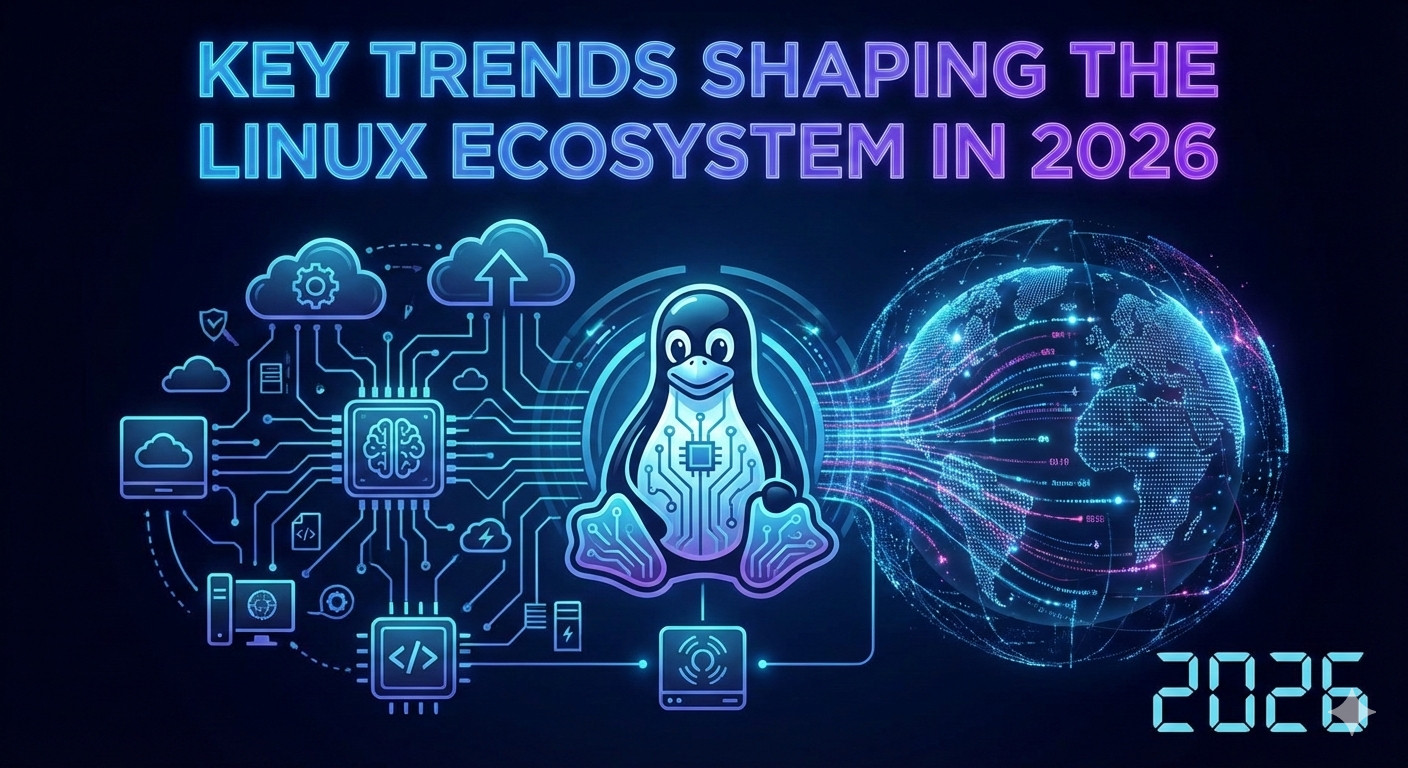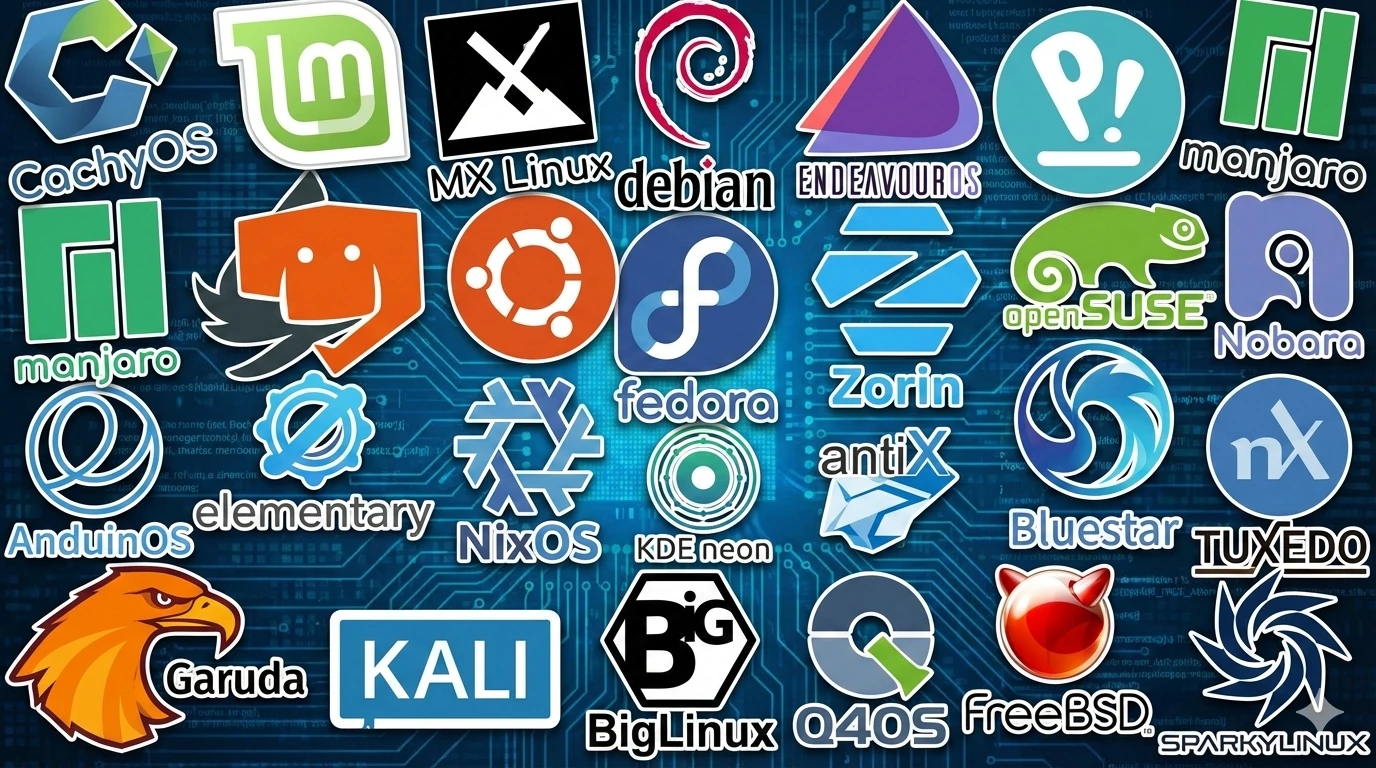Linux, the open-source operating system, often receives praise for its flexibility, security, and cost-effectiveness. However, beyond these well-known attributes lie numerous lesser-known positive aspects that make Linux a compelling choice for users and developers alike. In this article, we’ll delve into 10 of these lesser-known but remarkable qualities that contribute to Linux’s appeal.
- Community-driven Development: Unlike proprietary operating systems, Linux thrives on community collaboration. Thousands of developers worldwide contribute to its continuous improvement. This collective effort ensures rapid bug fixes, security updates, and the development of new features.
- Customizability: Linux offers unparalleled customization options. Users can tailor every aspect of their system, from the desktop environment to system utilities, according to their preferences. This flexibility empowers users to create personalized computing environments suited to their unique needs.
- Resource Efficiency: Linux is renowned for its efficiency, making it an ideal choice for resource-constrained devices. Whether running on a modest Raspberry Pi or a high-performance server, Linux delivers optimal performance while minimizing resource usage, including CPU, memory, and disk space.
- Variety of Distributions: Linux is not a single operating system but a family of distributions (distros), each catering to specific use cases and preferences. From beginner-friendly options like Ubuntu to specialized distros for security and privacy enthusiasts like Tails, Linux offers something for everyone.
- Stability: Linux is synonymous with stability, particularly in server environments where uptime is critical. Its robust architecture and modular design contribute to minimal downtime and reliable operation, ensuring uninterrupted service for mission-critical applications.
- Built-in Security Features: Linux prioritizes security with built-in features such as mandatory access controls, file system encryption, and robust user authentication mechanisms. Additionally, the transparent nature of open-source development enables rapid identification and patching of security vulnerabilities.
- Command Line Power: While the command line interface (CLI) may seem intimidating to newcomers, it provides unparalleled power and efficiency for experienced users and system administrators. With a vast array of command-line tools and utilities, Linux empowers users to automate tasks, diagnose issues, and manage systems with precision.
- Compatibility with Older Hardware: Linux breathes new life into older hardware that may struggle to run modern proprietary operating systems. Lightweight Linux distributions, optimized for performance and compatibility, enable users to revive aging computers and extend their lifespan.
- Educational Value: Linux serves as an invaluable educational resource, offering insights into computer science principles, software development, and system administration. Its open nature encourages experimentation and learning, making it an ideal platform for students and aspiring professionals.
- Contribution to Technological Innovation: Linux’s influence extends far beyond the realm of operating systems. It underpins many cutting-edge technologies, including cloud computing, containerization, and Internet of Things (IoT) devices. By fostering innovation and collaboration, Linux continues to shape the future of technology.
Conclusion: While Linux’s reputation for stability, security, and openness precedes it, exploring its lesser-known positive attributes reveals a rich tapestry of features and benefits. From its vibrant community and unparalleled customizability to its resource efficiency and educational value, Linux continues to captivate users and drive technological innovation across diverse domains. Embracing Linux means more than adopting an operating system; it signifies embracing a philosophy of collaboration, empowerment, and endless possibilities.
Top Irish Linux Distros in 2026
When people say “Irish Linux distros”, they usually mean systems that are developed or headquartered…
Key Trends Shaping the Linux in 2026
As we navigate the midpoint of the 2020s, the Linux ecosystem, long the bedrock of enterprise comput…
The 25 Most Popular Linux Distributions of 2025: A Complete Guide
*An expert overview of the top-ranked Linux distros based on DistroWatch’s latest 12-month ran…


